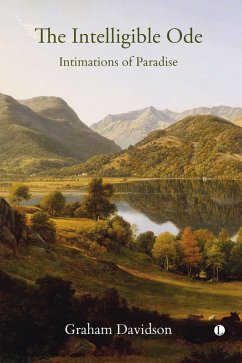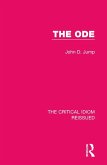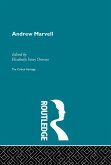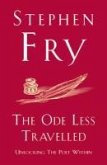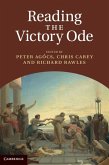From its first publication, what is now known as the Immortality Ode has been praised for the magnificence of its verse and disparaged for its paucity of meaning - the 'immortality' of the subtitle unsubstantiated, and the 'recollections' insubstantial. Yet Wordsworth's idea of immortality has clear precedents in the seventeenth century, and recollections of childhood are Traherne's starting point for the recovery of a lost vision comparable to Wordsworth's. Via the power of the imagination, or reason, they believed they could experience a renewed vision that both termed variously Paradise, or infinity, or immortality. Graham Davidson traces the origins of Wordsworth's poetic impetus to his resistance to the Cartesian division between mind and nature, first adumbrated by the Cambridge Platonists. If reunited, Paradise was regained, but this personal trajectory was tempered by a deep sympathy for the woes of mortal life. Davidson explores the consequent dialogue through some of Wordsworth's best-known poems, at the heart of which is the Ode. In the last section, he demonstrates how Wordsworth's publishing history led the Victorians and modernists to misinterpret his work; if one considers Eliot's Four Quartets as odes, facing several of the same problems as did Wordsworth, there is some irony in Eliot's dismissal of the Immortality Ode as 'verbiage'.
Dieser Download kann aus rechtlichen Gründen nur mit Rechnungsadresse in A, B, BG, CY, CZ, D, DK, EW, E, FIN, F, GR, HR, H, IRL, I, LT, L, LR, M, NL, PL, P, R, S, SLO, SK ausgeliefert werden.

